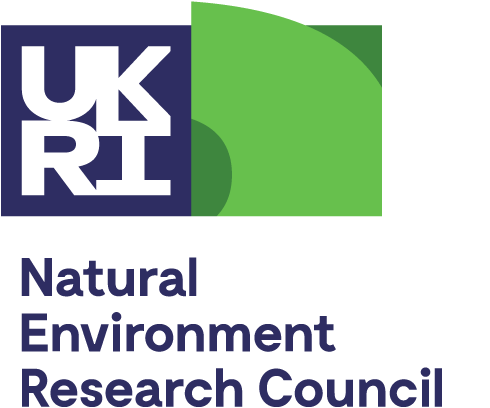The NERC management system for administering and processing research grants and training awards includes a four-part section to accommodate a science classification
The classification scheme is NERC-wide and spans the whole range of Earth System Science supported by Council, both in the academic community and within NERC’s Research Centres. NERC can only accept proposals that have been fully completed, including all relevant parts of the classification section.
Scientific area
Please indicate within which scientific area or areas your proposal falls and indicate percentage relevance (totalling 100%). The five areas are: atmospheric, Earth, freshwater, marine, and terrestrial.
Secondary classification
Please assign percentage relevance (in multiples of five) to any areas that are appropriate to your project (Earth observation, science-based archaeology, Arctic polar science, Antarctic polar science, part of a cross-council programme or a co-funded project). You may indicate any number of relevant boxes or leave this part blank.
Environmental and Natural Resource Issues (ENRI)
You are asked to indicate the percentage relevance to one or more of the ENRIs in this part of the classification scheme (totalling 100%), that best describe the environmental context of your proposal. The definitions are set out below:
Biodiversity
Understanding the factors determining biological diversity, living and past, its functional significance and the implications for conservation strategies and the sustainable use of natural resources.
Environmental risks and hazards
Predicting and assessing:
- extreme natural events – such as earthquakes, volcanic eruptions, land instability, storms and floods
- other potential hazards to the environment – such as the release of genetically modified or non-native organisms
- their implications for human and environmental safety.
Global change
Understanding and predicting global change on a range of time and space scales, the impacts of change on the environment and the implications for human health and sustainable development.
Natural resource management
Understanding the functioning of earth, land, freshwater, coastal and marine systems. Identification of renewable and non-renewable resource potential, assessment of the impacts of their exploitation and environmentally sustainable management.
Pollution and waste
Understanding the factors that influence environmental quality, assessing the implications of pollution and waste in relation to environmental and human health, and contributing to the development of environmentally sustainable waste management and remediation strategies.
Research areas
You are also asked to identify between one and five research areas that best describe your proposal and assign percentage relevance totalling 100%.


